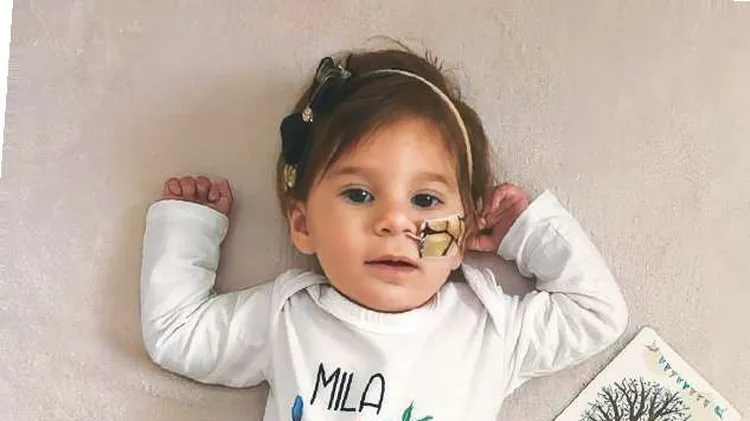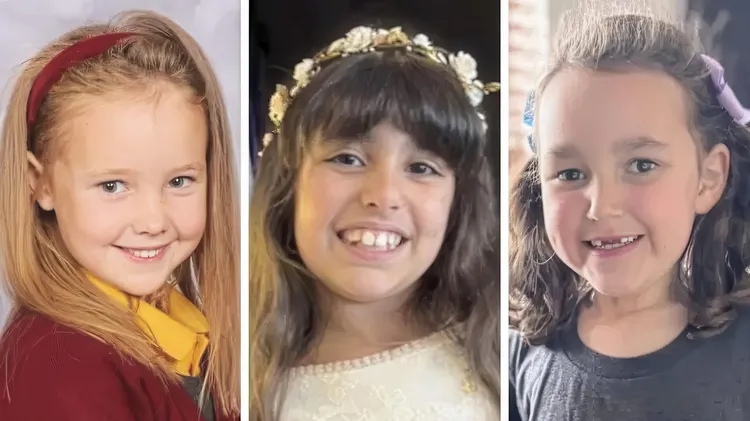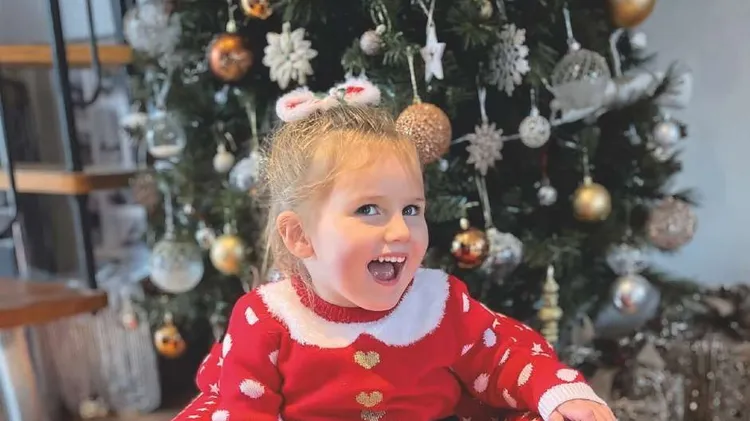Leisa Millar’s daughter Beatrix inspired her to launch a brilliant
I feel lucky and blessed
5 min read
This article is from...
Read this article and 8000+ more magazines and newspapers on Readly






